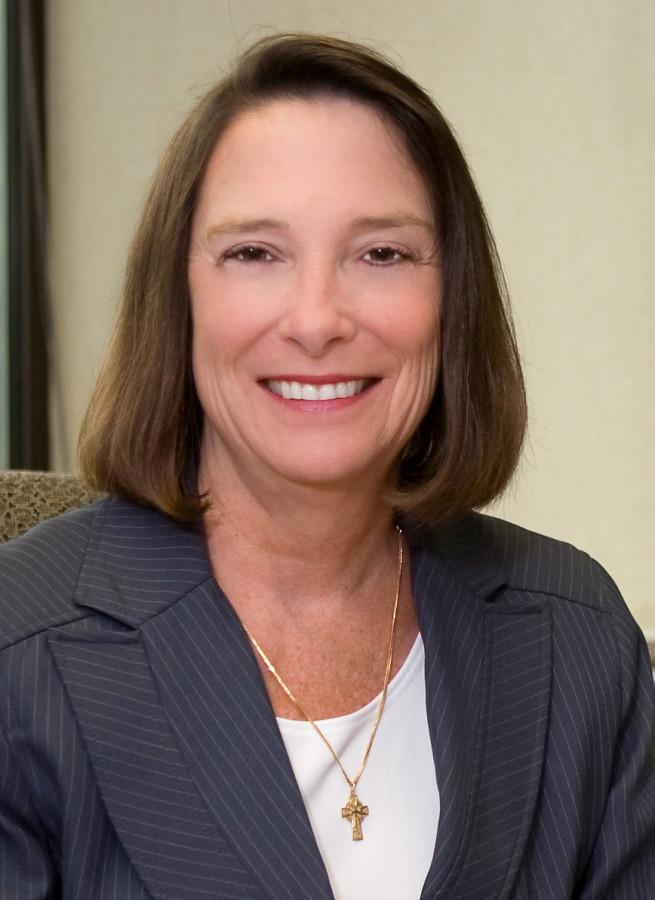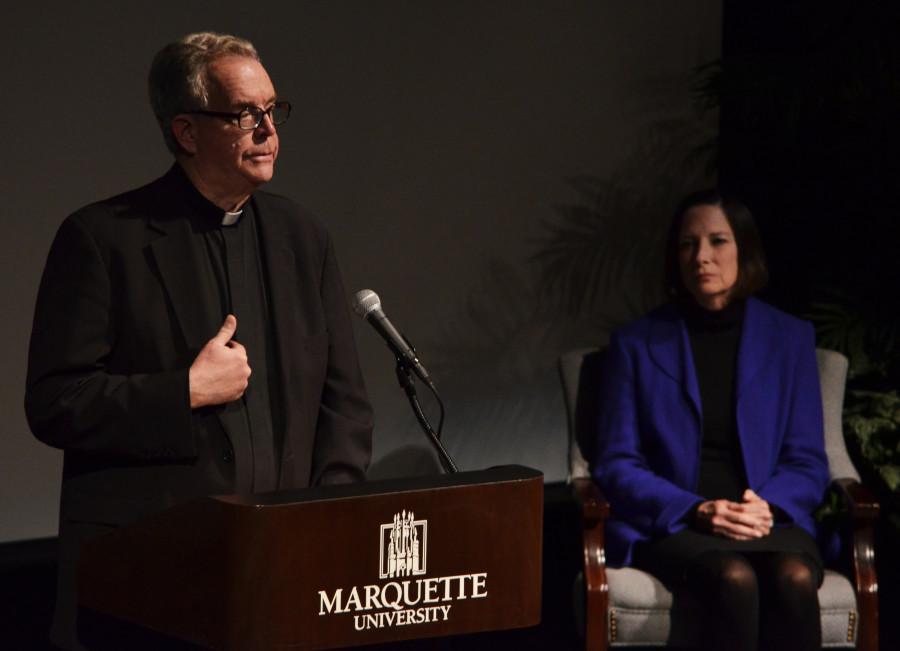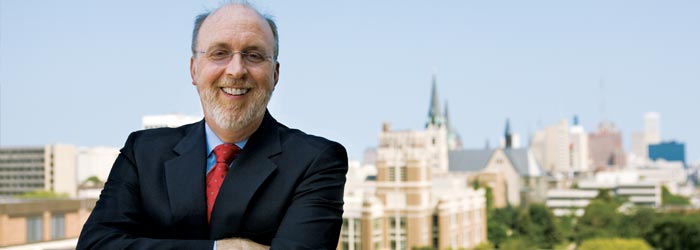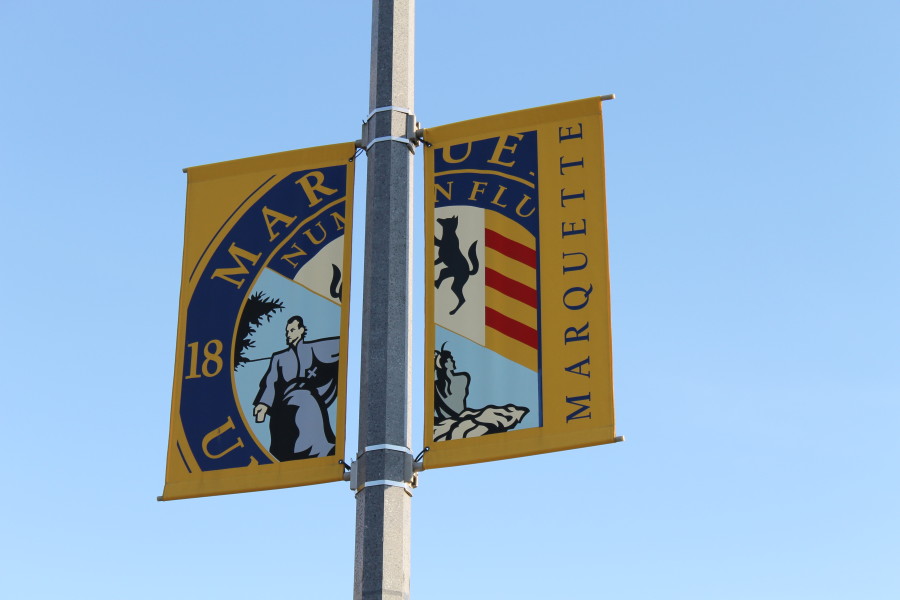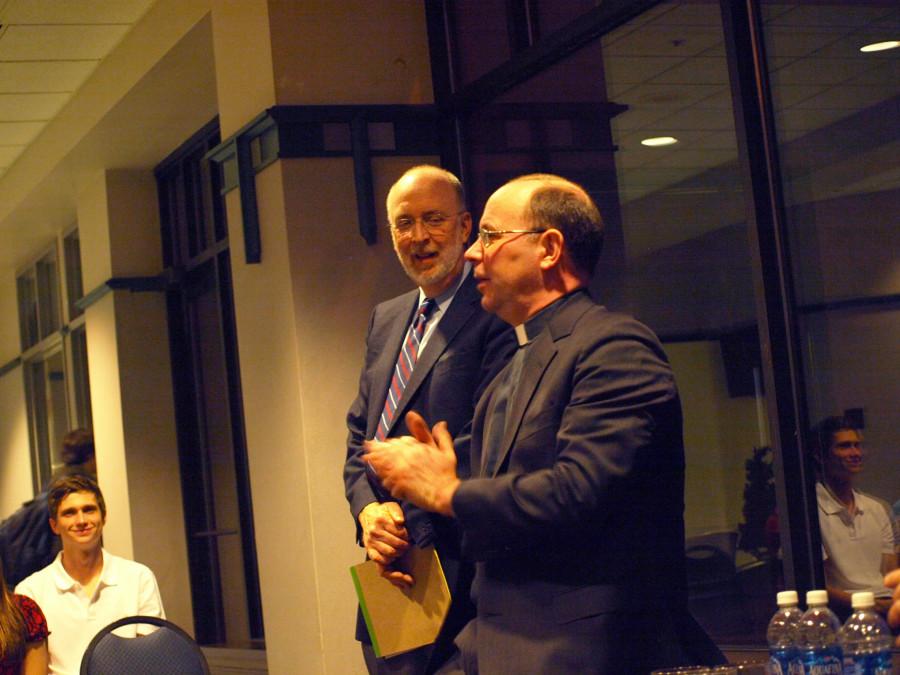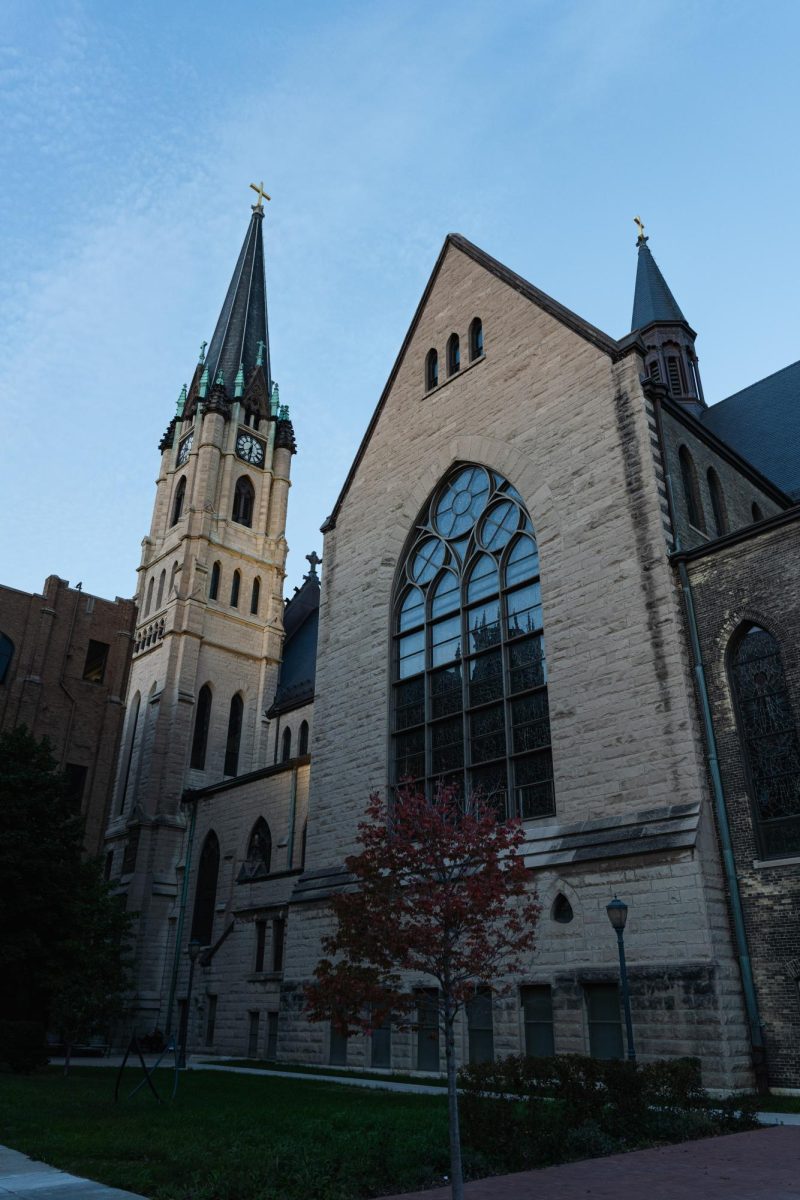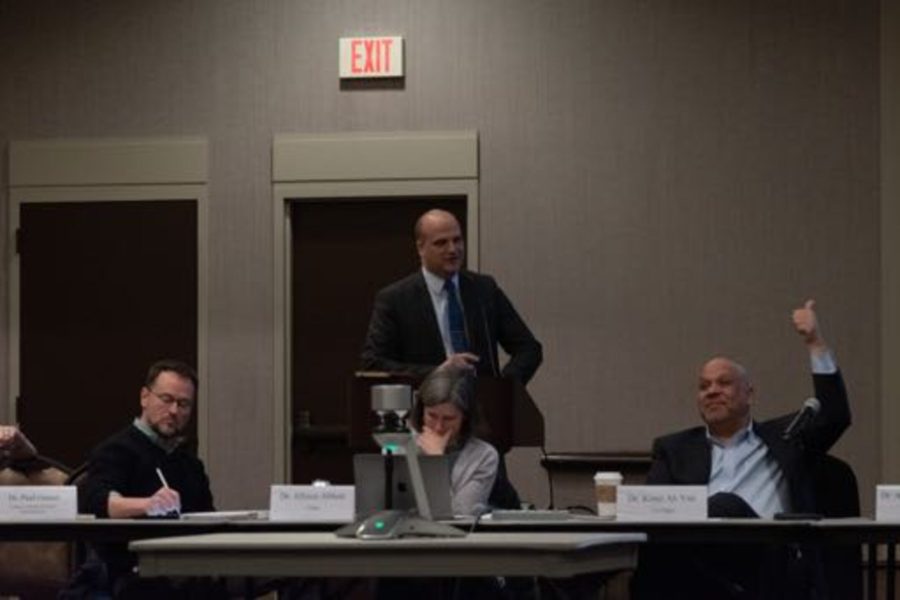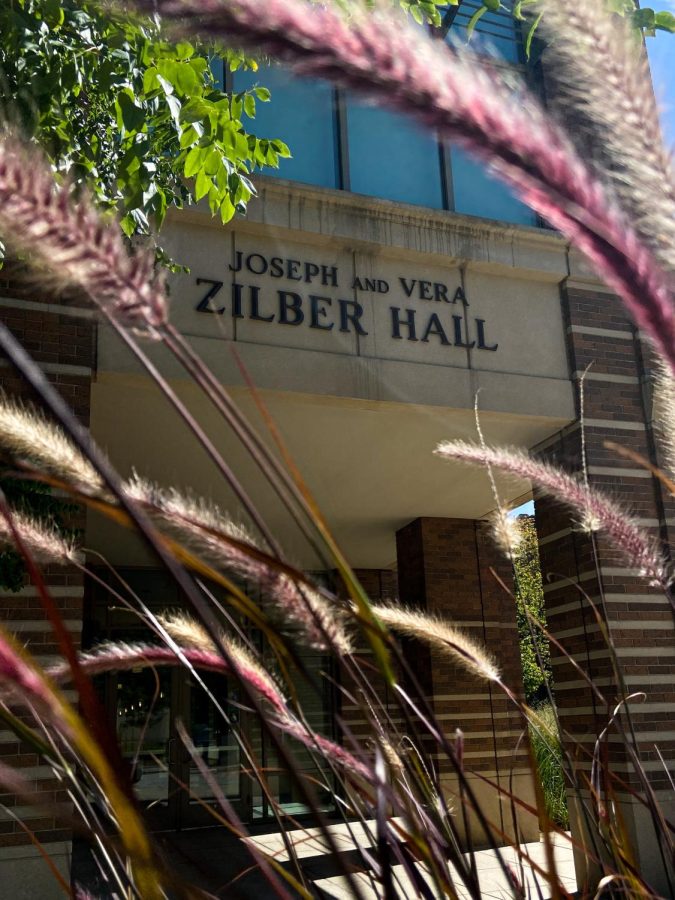
Marquette has been without a permanent provost since May 2013 when former provost John Pauly left the position. While the initial goal was to fill the post by July 1, 2014, there were many unforeseen changes, which delayed the search for the university’s top academic official.
The university and University President Michael Lovell, however, will soon select a provost after a stalled search set back by the departure of former University President the Rev. Scott Pilarz.
The Provost Search Committee, led by John Su, professor of English, put forward four candidates for the university to inspect in the coming weeks as they arrive for campus visits. These visits will allow the candidates and the campus community to establish the best choice for future progress.
With the candidates on campus and scheduled for public forums to interact with students, faculty and staff, it is important for people across the community to participate. The overall participation would benefit from a better understanding of the provost’s role on campus and what kind of academic leadership is found necessary.
While the Provost Search Committee has encouraged recommendations and feedback throughout the search, now is the real time for campus to become familiar with the situation and voice concerns.
Since the onset of the search, Su and the Search Committee have been clear that as the position predominantly affects the university’s academic environment, students should play a role and make their considerations known.
“(I’m) making sure that all stakeholders have the opportunity to have input, and student voices will be very important throughout this process,” Su said in a release from the summer of 2013.
The intent to draw students into the search for a new provost is evident with a student serving on the committee itself. However, more voices must be considered in the final decision.
Now with the candidates coming to campus, other student leaders on campus and representative of all the university colleges are invited to take part in personal meetings with candidates. Candidates will meet actual students and share the vision of their role as provost. The students can then make their recommendations to President Lovell, who is tasked with the final decision.
The participation of student leaders in the decision promises a bright future Marquette academics though the active participation should, to some degree, apply across campus. It may not be feasible for all to meet the candidates individually, what with limited time and a sizeable interest group, yet people should remain informed about the position at stake and who may fill it.
So far, the role of the provost is not thoroughly objectively defined, which can ultimately be confusing and disinteresting to otherwise interested individuals. It would help for there to be a greater campus conversation as to what we need in an academic official. This requires us to think what is working for the university and where academics could improve. Students and faculty have firsthand knowledge of these circumstances and will hopefully take part in the current opportunity.
As the Provost Search Committee did its job of finding qualified candidates, the task of determining the best candidate for the job at Marquette now falls on the administration and individuals. All should know how the candidates may fit in at Marquette and what each could be capable of as provost.
Lovell makes the final decision, but now is the time for diverse voices across campus to make their case, too, so the best provost will be chosen to the benefit of the university’s future.

